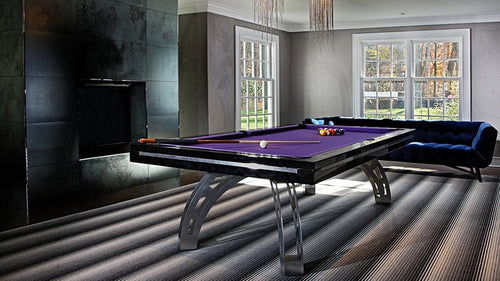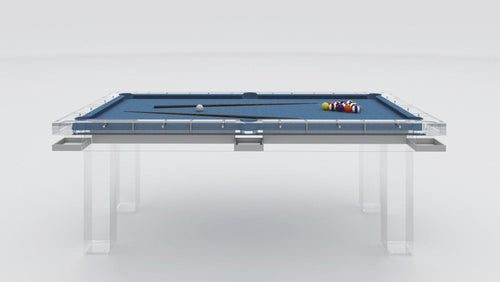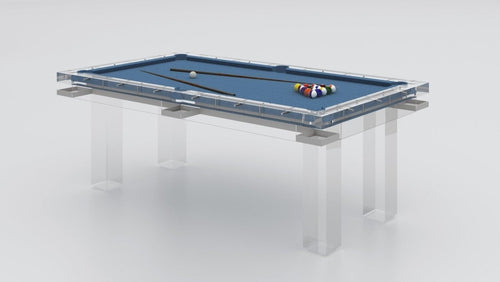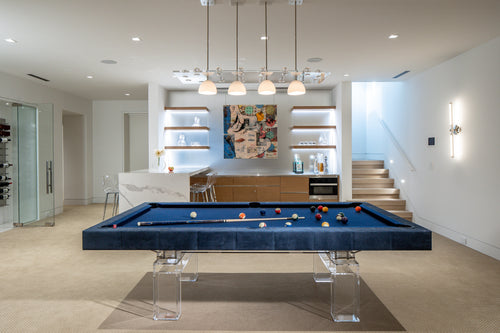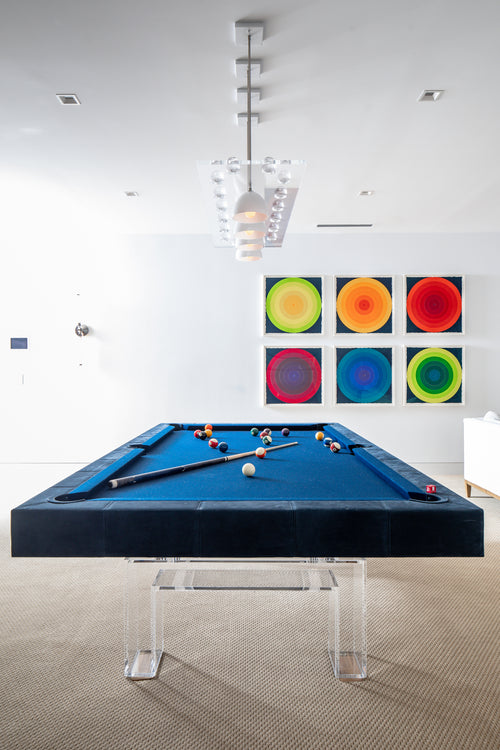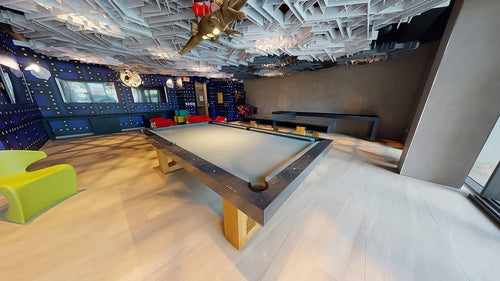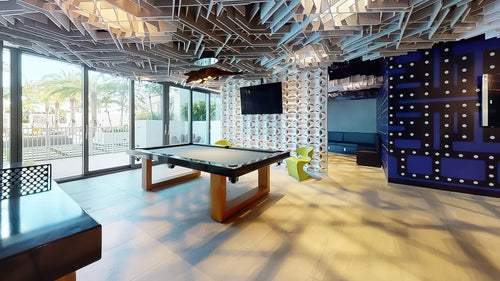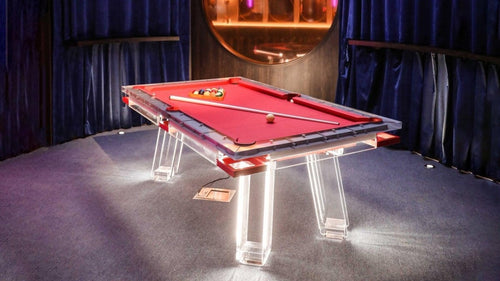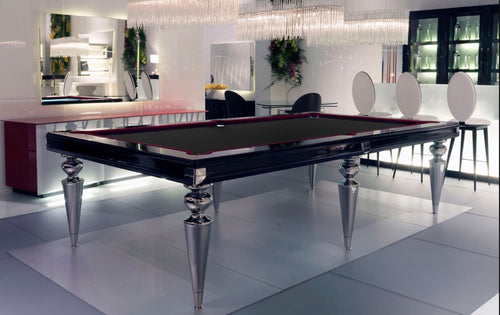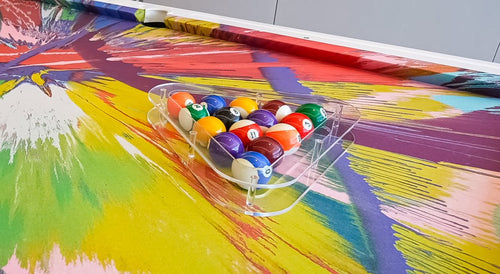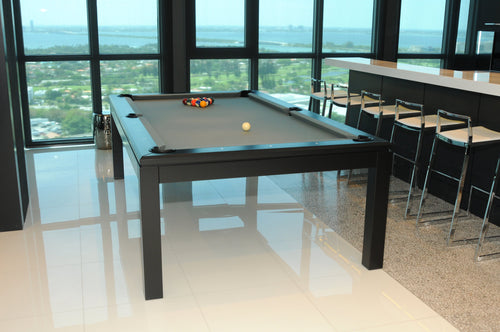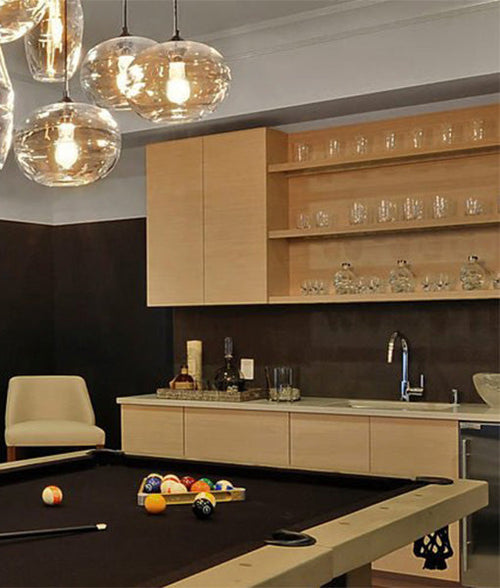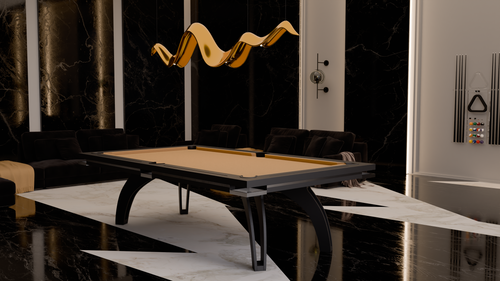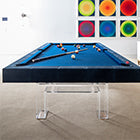Enjoy our modern designs
The relationship between pool tables and gambling has a long and intricate history—spanning from 19th-century saloons to modern mobile applications. In this blog, we'll examine how billiards and betting have evolved in tandem, starting with the etymology of the word "pool" (which traces back to collective betting) all the way to today’s digital gambling experiences. Whether you’re a serious billiards enthusiast or just curious, join me as we explore this fascinating journey, adopting a neutral, analytical stance rather than a moral one.
Table of Contents
Into The Halls

In the 19th century, people would gather in poolrooms to place bets on horse races. To keep patrons occupied while they waited for the results, poolroom owners introduced billiard tables. Before long, billiards evolved into a popular pastime, and these poolrooms became hubs for both horse-race betting and billiard play. Over time, the term “pool” became synonymous with billiards itself—a testament to just how closely intertwined gambling and cue sports were. The presence of pool tables in these early betting halls helped the game gain enormous popularity, firmly cementing it in gambling history.
Banned

In the early 1900s, several states in the United States outlawed poolrooms and gambling establishments due to moral and societal concerns. Billiards itself had already faced religious scrutiny for centuries; churches labeled it “wicked” and “morally depraved.” As these prohibitions took hold, law enforcement conducted widespread raids on poolrooms, resulting in numerous arrests of owners and patrons. Because billiards was so closely associated with gambling, its popularity diminished significantly during this period.
Even so, some underground poolrooms continued to operate in regions where the ban was either laxly enforced or didn’t exist at all. Nonetheless, crackdowns remained common, and many participants faced stiff penalties. This era took a toll on billiards, relegating it from mainstream pastime to an oft-hidden or stigmatized activity.
Resurgence

In the following decades, attitudes toward gambling slowly began to shift. Many states reconsidered their hardline stance, and bans on poolrooms were eventually lifted in numerous jurisdictions. As restrictions relaxed, billiards made a comeback in bars, homes, and newly opened pool halls. While the game retained echoes of its gambling-laden past, it increasingly gained acceptance as a recreational and social activity. Today, billiards is once again a common feature in entertainment venues, with the former stigma of pool gambling largely fading into history.
Onto the Digital

In modern times, most gambling on pool occurs via digital platforms rather than in physical pool halls. Popular titles like 8 Ball Pool boast millions of active players worldwide, where users can wager in-game currency on matches and attempt to win the pot. This structure emulates the excitement—and risk—of real-world betting. Upon opening these apps, it’s not uncommon to see slot-like features such as bonus wheels, “lucky shots,” or premium currency packs, blurring the lines between pool games and mini-casinos.
Conclusion
From 19th-century horse-race betting and saloon poolrooms to today’s massive online platforms, the relationship between billiards and gambling has evolved enormously. While billiards was once banned in many locales for its close ties to wagering, it now enjoys widespread acceptance as both a competitive sport and a social pastime. The digital landscape has only increased its reach, merging entertainment and betting for a global audience. As the industry surpasses hundreds of millions of dollars in revenue, it’s clear that the love for billiards and the thrill of gambling aren’t going anywhere soon—proving once again that the fusion of cue sports and wagering has a storied past and an enduring future.



